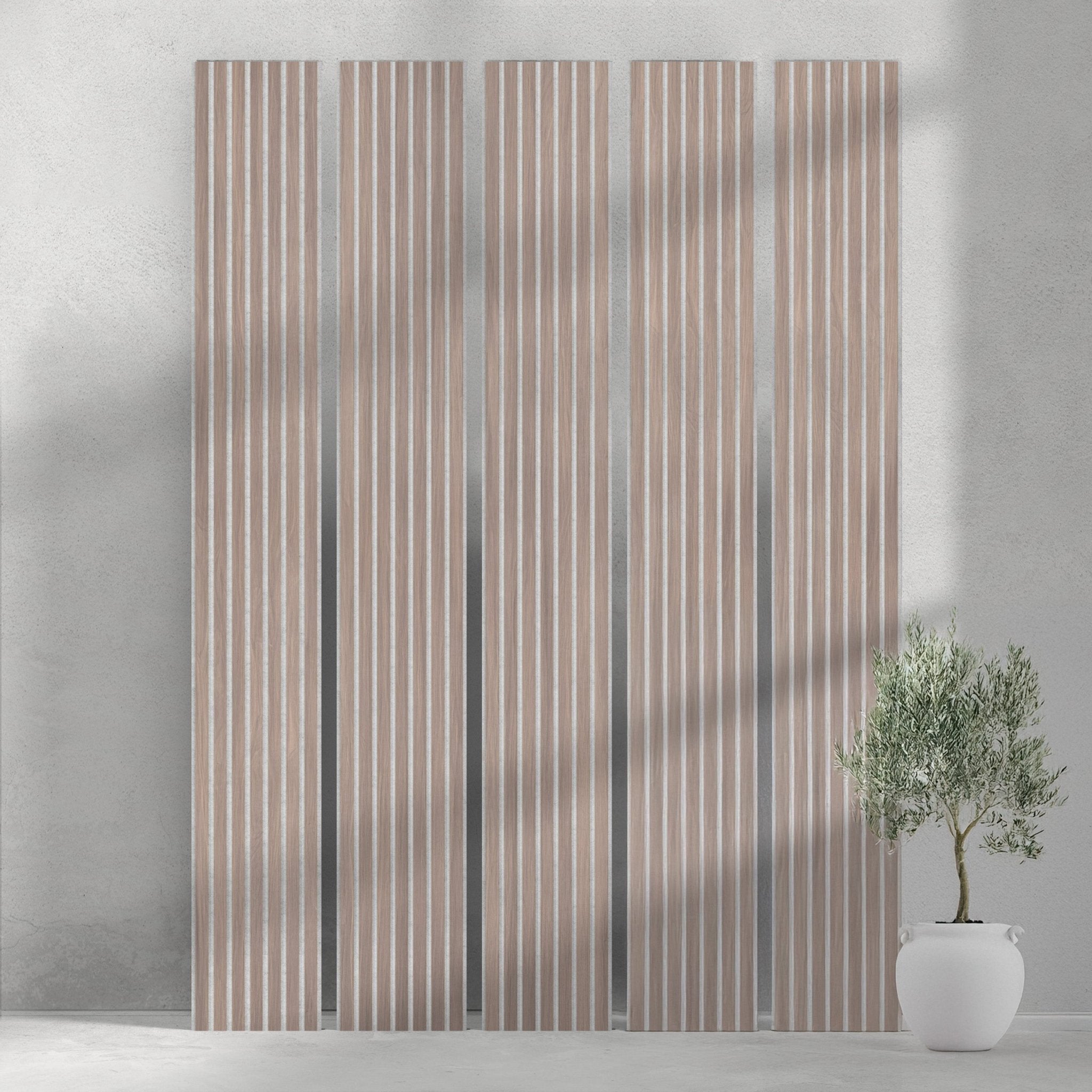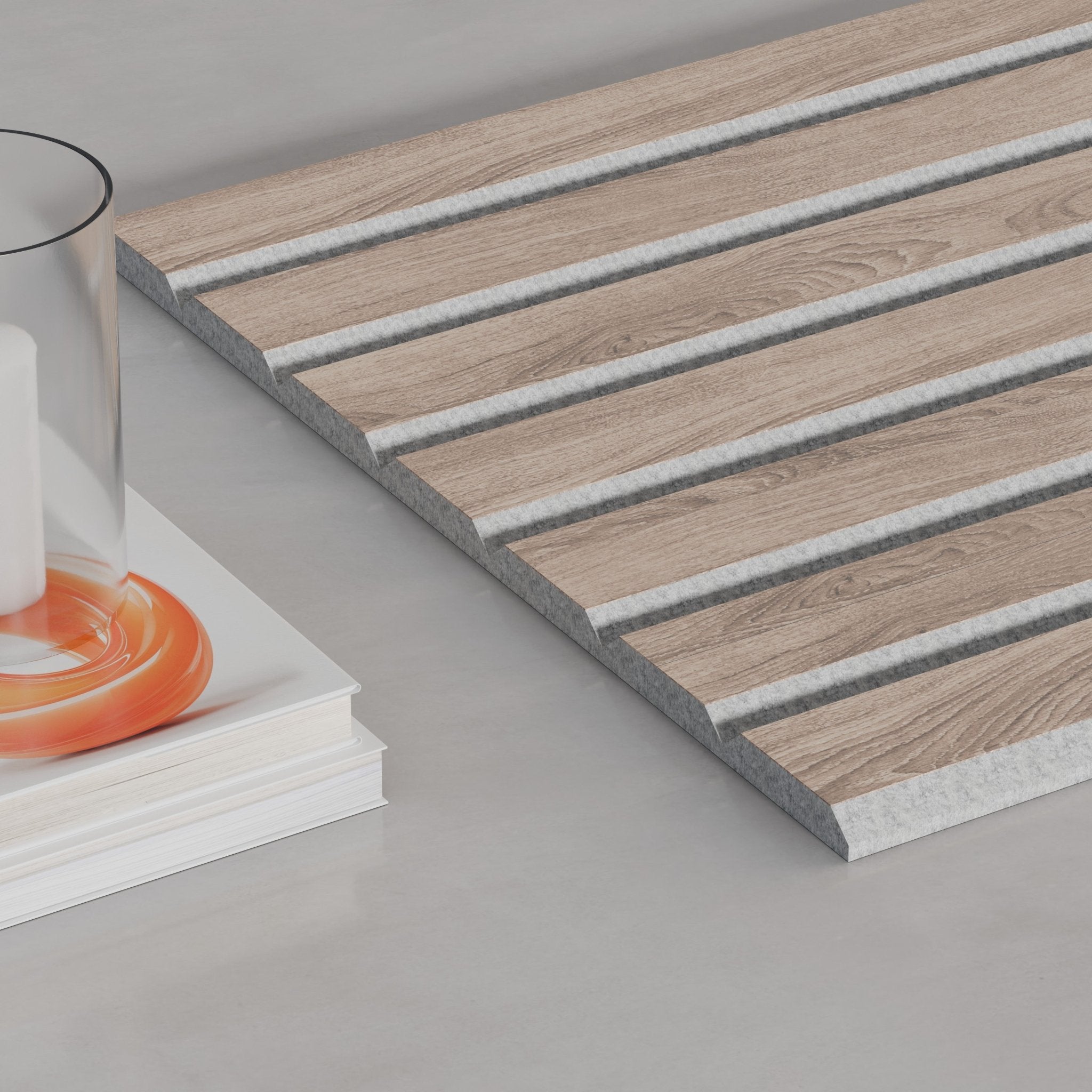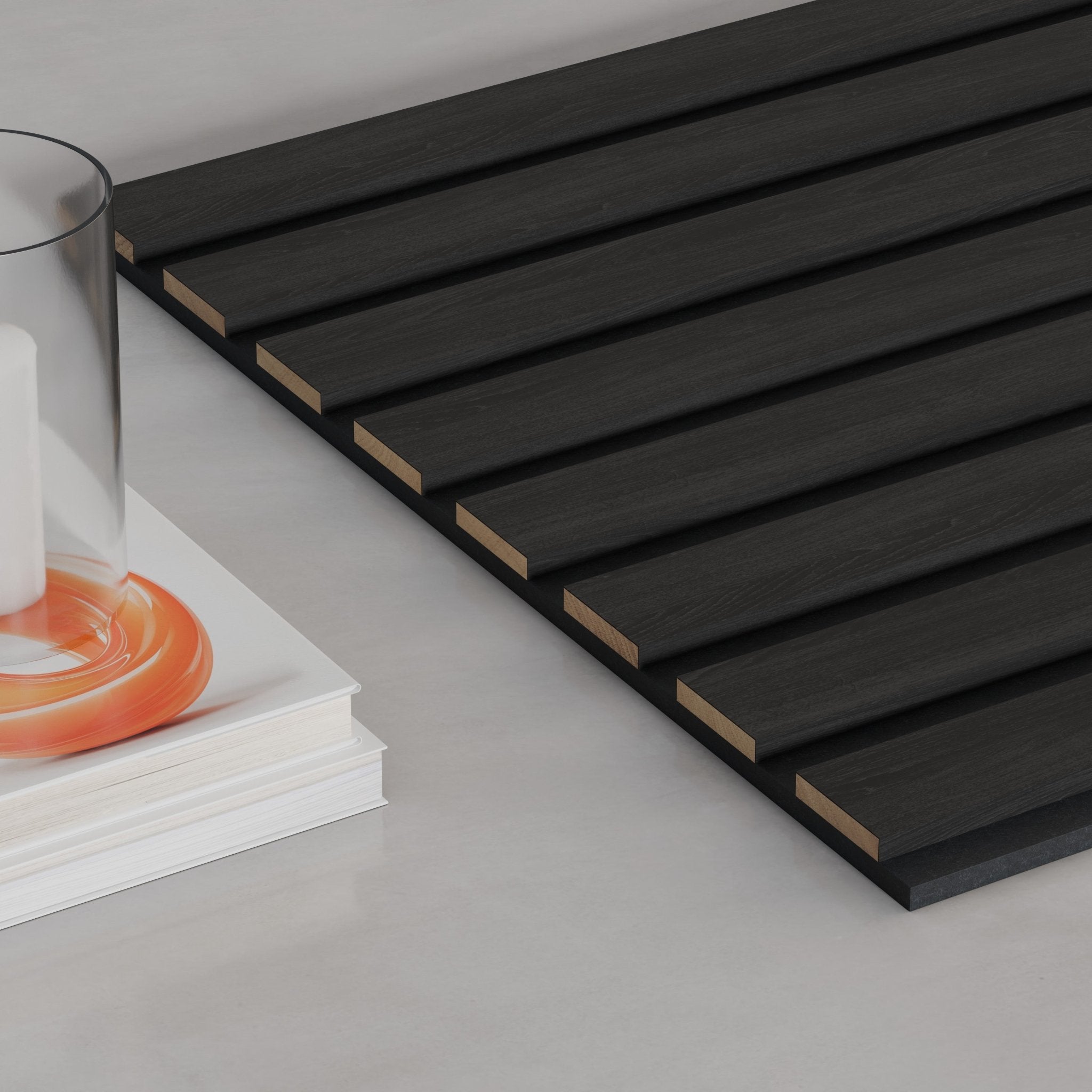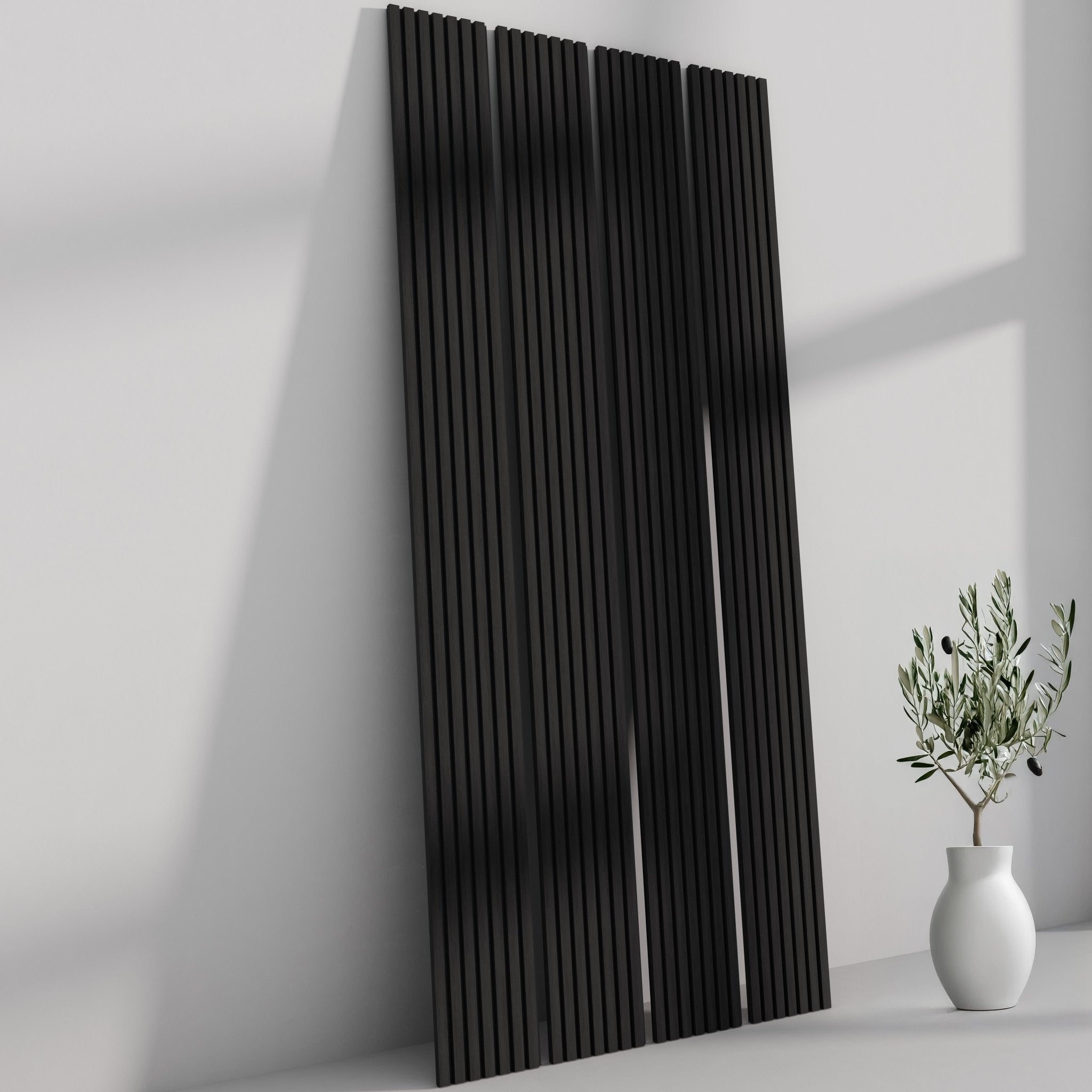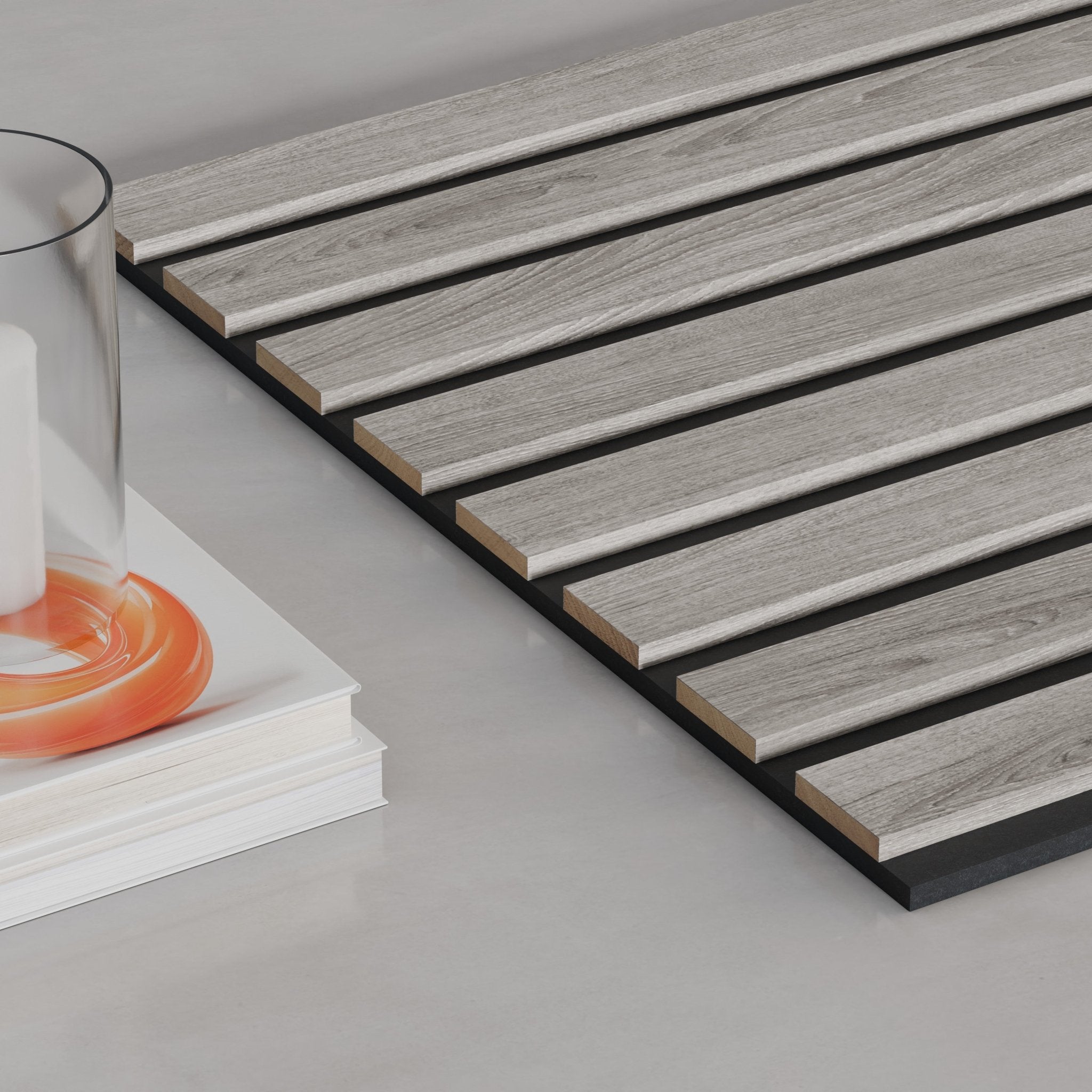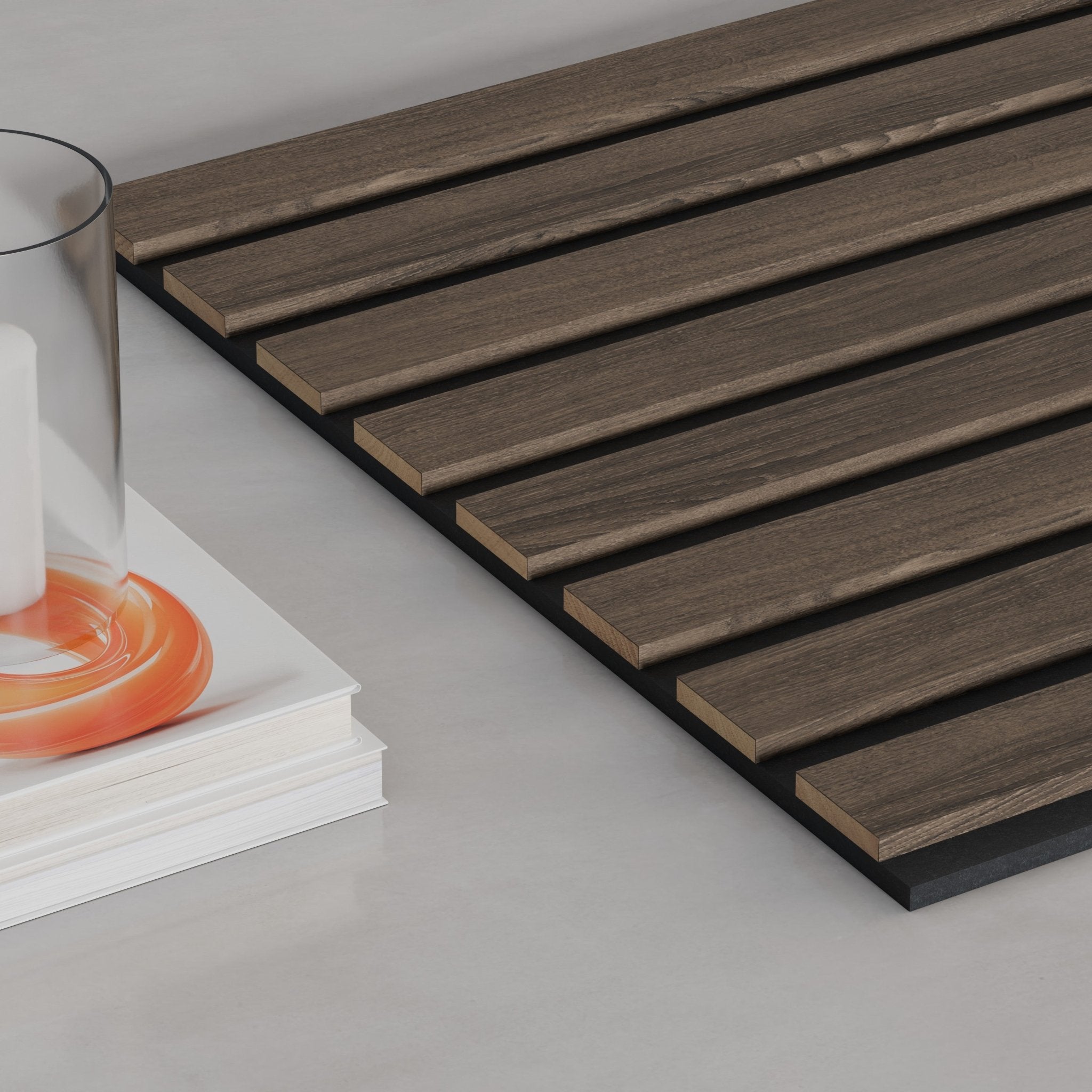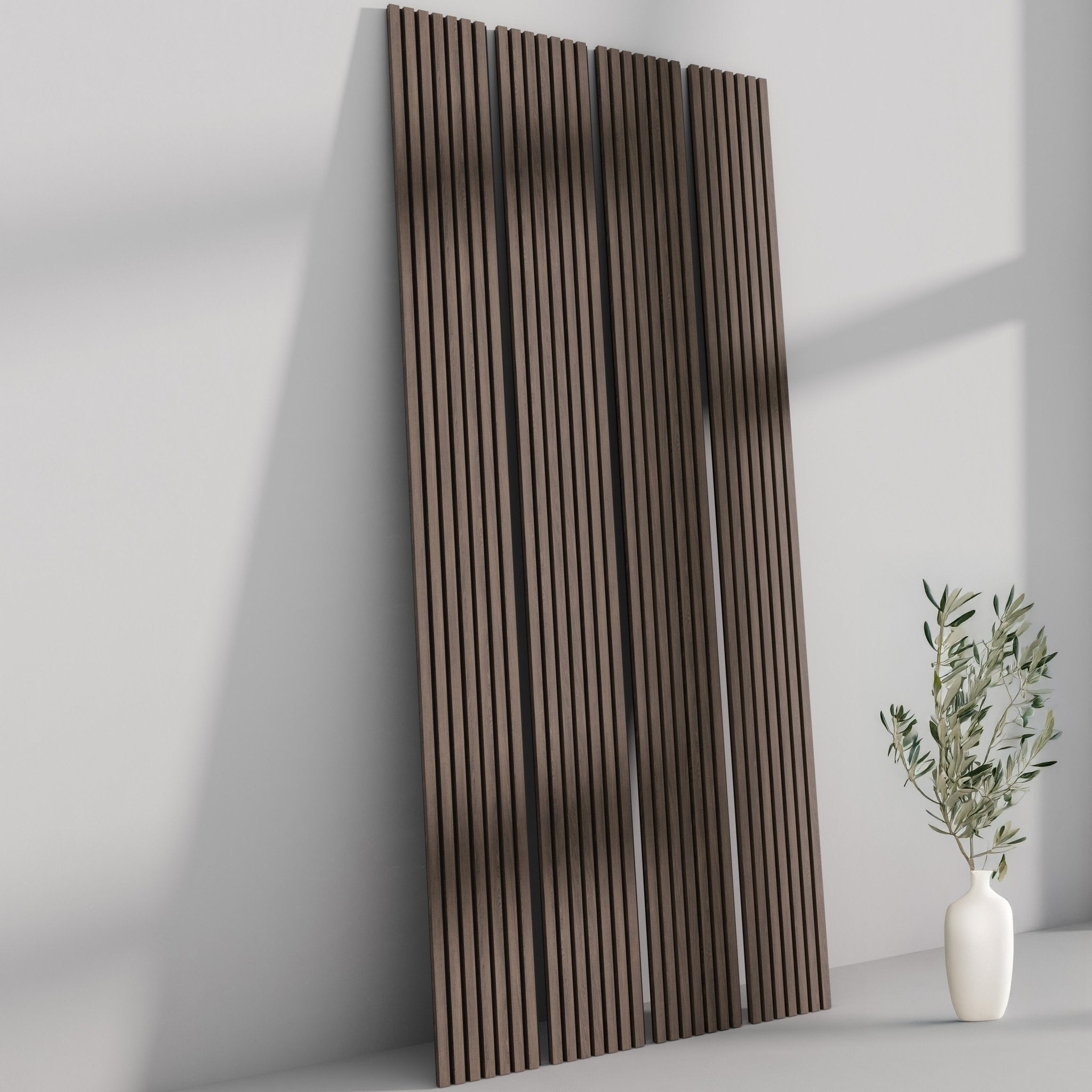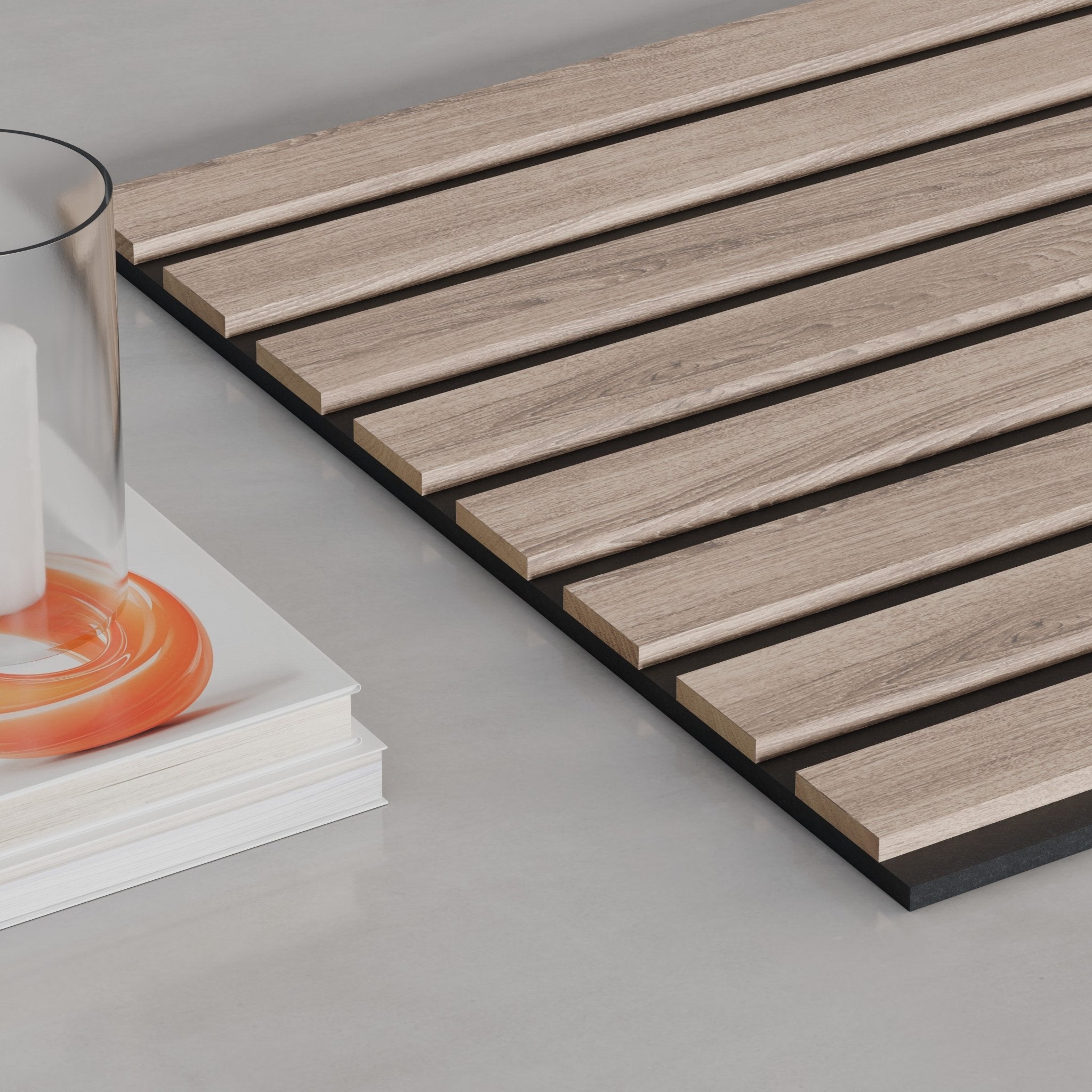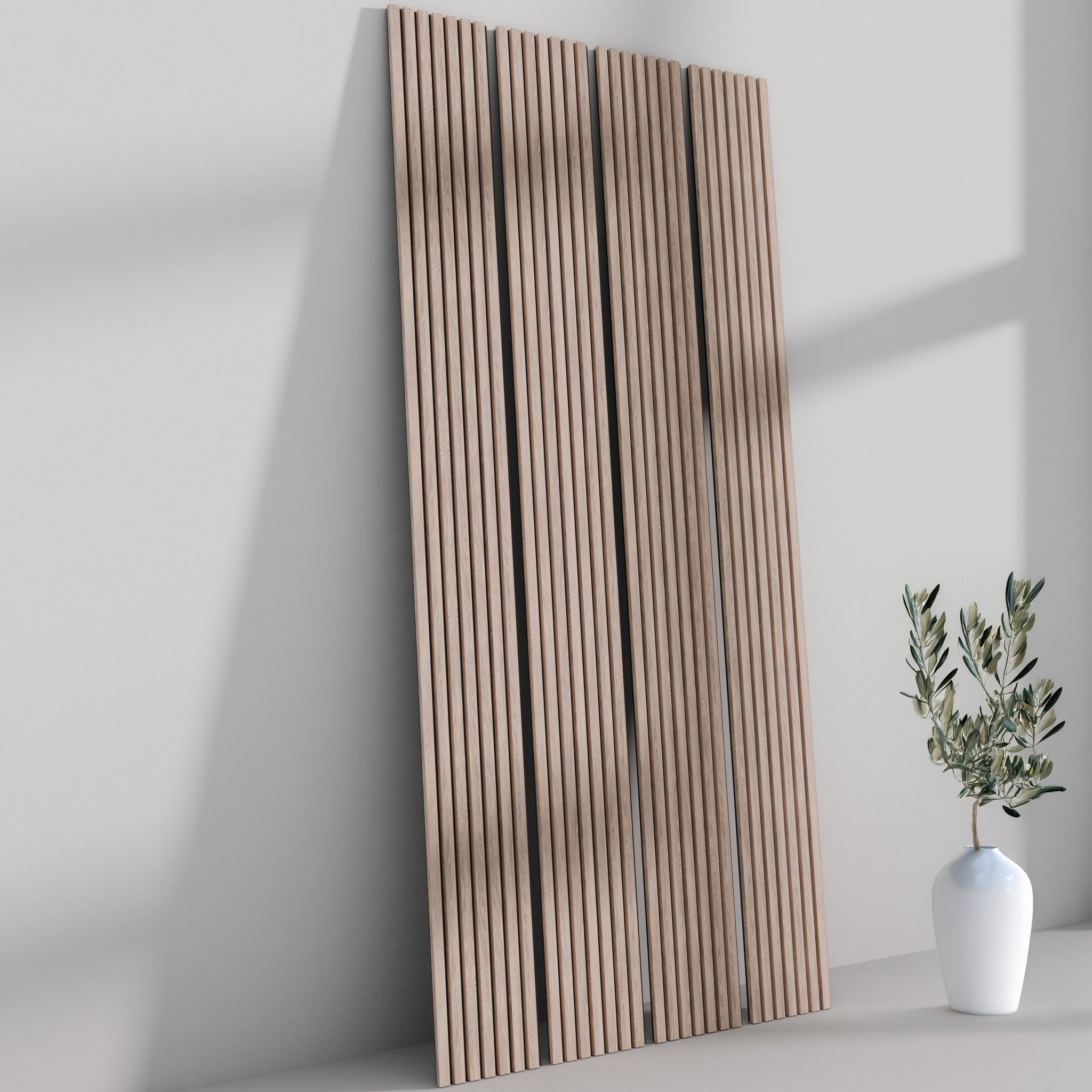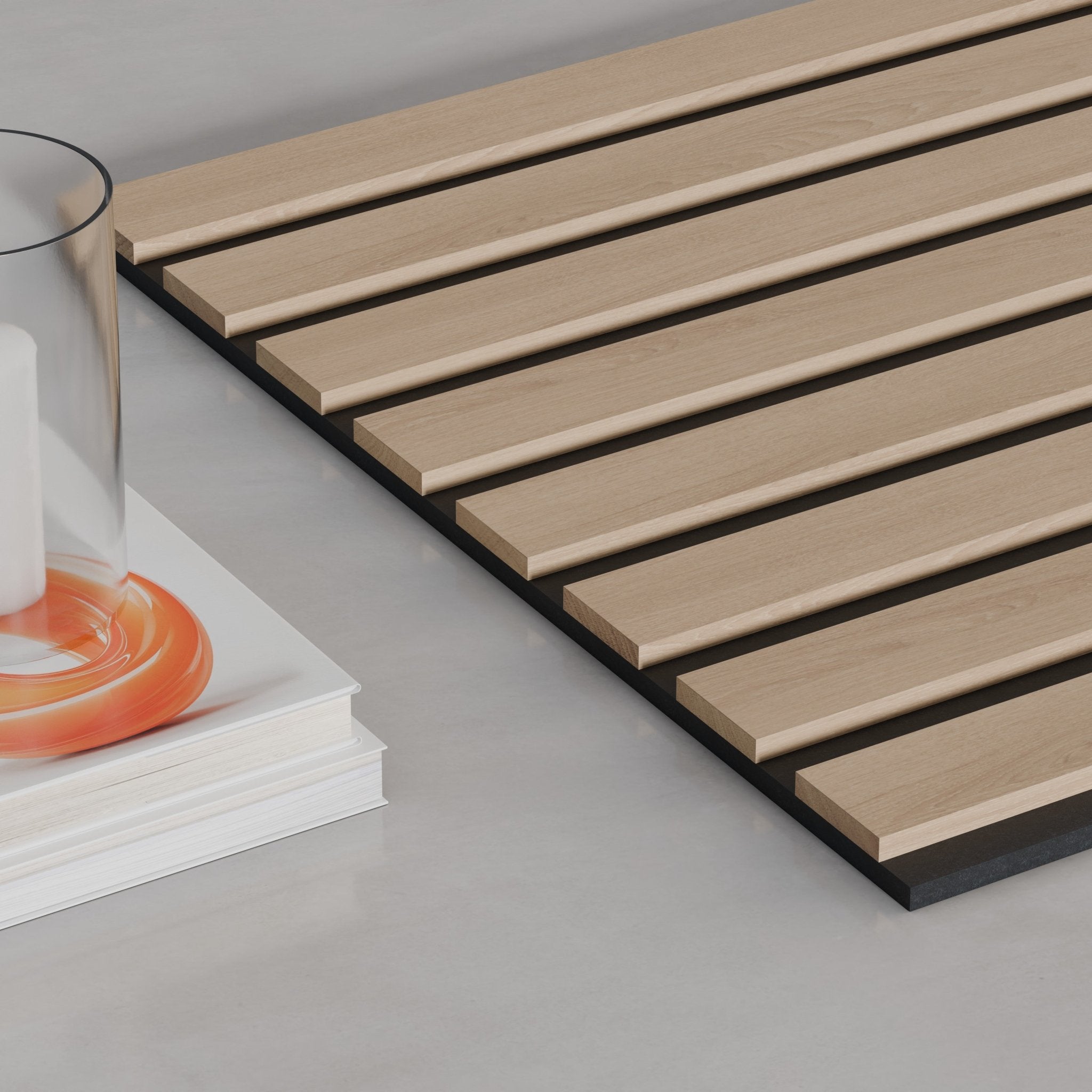Introduction
Open-plan offices have gained popularity for fostering collaboration and efficient use of space. However, they come with a significant drawback—noise pollution. This article examines the role of wood slat acoustic panels in transforming the acoustic environment of open-plan offices, making them more conducive to productivity and well-being.
The Acoustic Challenge of Open-Plan Offices
Distractions and Productivity
Open-plan layouts often lead to increased noise levels, causing distractions that can hinder focus and productivity.
Privacy Concerns
Confidential conversations and meetings may be compromised in an open setting, affecting both professional etiquette and information security.
Wood Slat Acoustic Panels: A Solution
Noise Absorption and Diffusion
These panels are designed to absorb and diffuse sound waves, significantly reducing the level of ambient noise.
Design Versatility
Wood slat panels are not only functional but also aesthetically pleasing, blending seamlessly with various office designs.
Longevity and Durability
Compared to other acoustic solutions, wood slat panels are durable and long-lasting, making them a sound long-term investment.
Real-world Applications
Tech Startups
Many tech companies have integrated wood slat panels into their open spaces, noting an improvement in both employee satisfaction and work output.
Co-working Spaces
Wood slat acoustic panels are ideal for co-working spaces, where diverse activities often happen simultaneously, requiring varying levels of acoustic control.
Employee Well-Being and Productivity
Reduced Stress
A quieter workspace reduces stress levels, promoting better mental health among employees.
Enhanced Focus
Improved acoustics allow for greater concentration, leading to increased productivity and job satisfaction.
The Financial Implications
Return on Investment
Though the initial costs can be high, the increase in employee productivity and well-being often justifies the investment.
Maintenance Costs
Wood slat panels require minimal maintenance, saving money in the long run compared to other acoustic solutions that may deteriorate faster.
Conclusion
The open-plan office, while advantageous in many respects, poses challenges in terms of acoustics. Wood slat acoustic panels address these issues effectively, offering a solution that enhances both productivity and well-being. As businesses strive for innovative ways to improve the work environment, these panels emerge as a key element in the future of office design.


